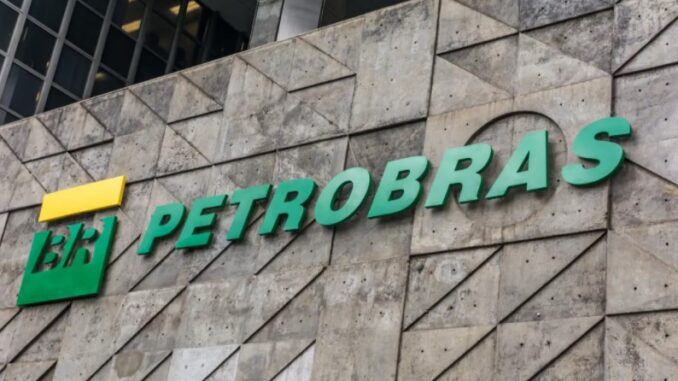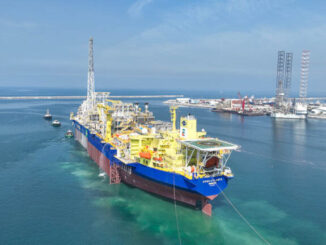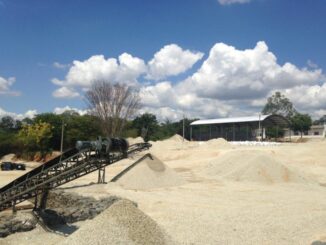
Brazil’s state-controlled Petrobras’ 115,000 b/d Abreu e Lima refinery (RNEST) will undergo 90 days of maintenance starting in June, putting a strain on domestic production of green petroleum coke and ultra-low sulfur diesel.
The company told Argus the shutdown will cover all units at the refinery, including distillation, delayed coking, diesel and naphtha hydrotreatment and hydrogen generation.
The general maintenance is the first since RNEST started operations in late 2014. Ultra-low sulfur diesel, fuel oil and green coke make up most of the refinery’s yield.
RNEST, located in the northeastern state of Pernambuco, is one of eight refineries that Petrobras is selling under its $25bn-$35bn 2021-25 divestment plan. A sales agreement should be signed by 30 October, according to Petrobras’ agreement with anti-trust agency Cade.
Petrobras’ refinery maintenance were disrupted last year by the Covid-19 pandemic. In addition to RNEST, maintenance at the propylene, fluid catalytic cracking and cracked naphtha hydrodesulfurization units at the company’s 208,000 b/d Presidente Getulio Vargas refinery (REPAR) in the southern state of Parana is expected to wrap up next month.
Petrobras failed to attract qualified proposals for REPAR in two rounds of bidding in 2020. The firm is now analyzing how to re-launch the sale.
After the refinery sales are complete, Petrobras will hold around 1.1mn b/d of domestic refining capacity at five refineries in the southeastern region.
The company announced yesterday that it plans to invest around $300mn in 2021-25 to boost efficiency and operational performance at the 178,000 b/d Presidente Bernardes refinery (RPBC), 239,000 b/d Duque de Caxias refinery (REDUC), 53,000 b/d Capuava refinery (RECAP), 434,000 b/d Paulinia refinery (REPLAN) and the 252,000 b/d Henrique Lage refinery (REVAP). Total refinery investment in the period is expected to total around $3.7bn.
A new campaign dubbed RefTOP envisages increased investment in “digital technologies, automation and robotization in Petrobras refineries,” Petrobras said.
The company says it will continue to prioritize the use of low-sulfur pre-salt crude in the production of ultra-low sulfur diesel, IMO 2020-compliant marine fuel and propylene.



